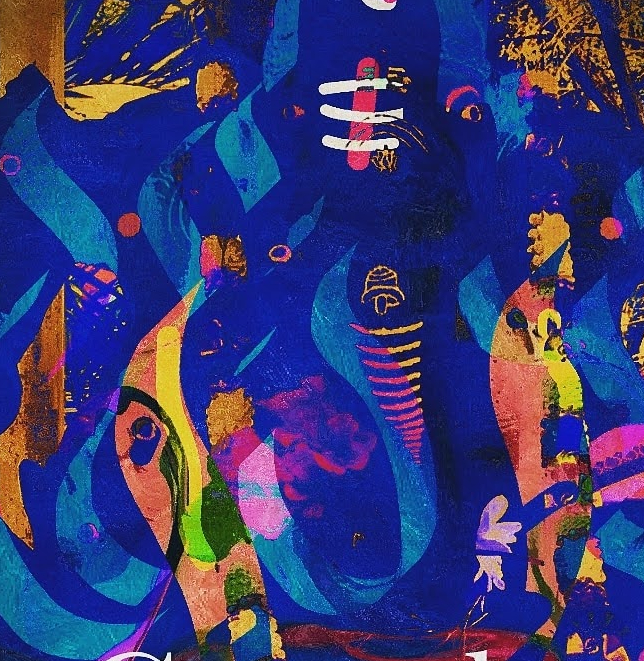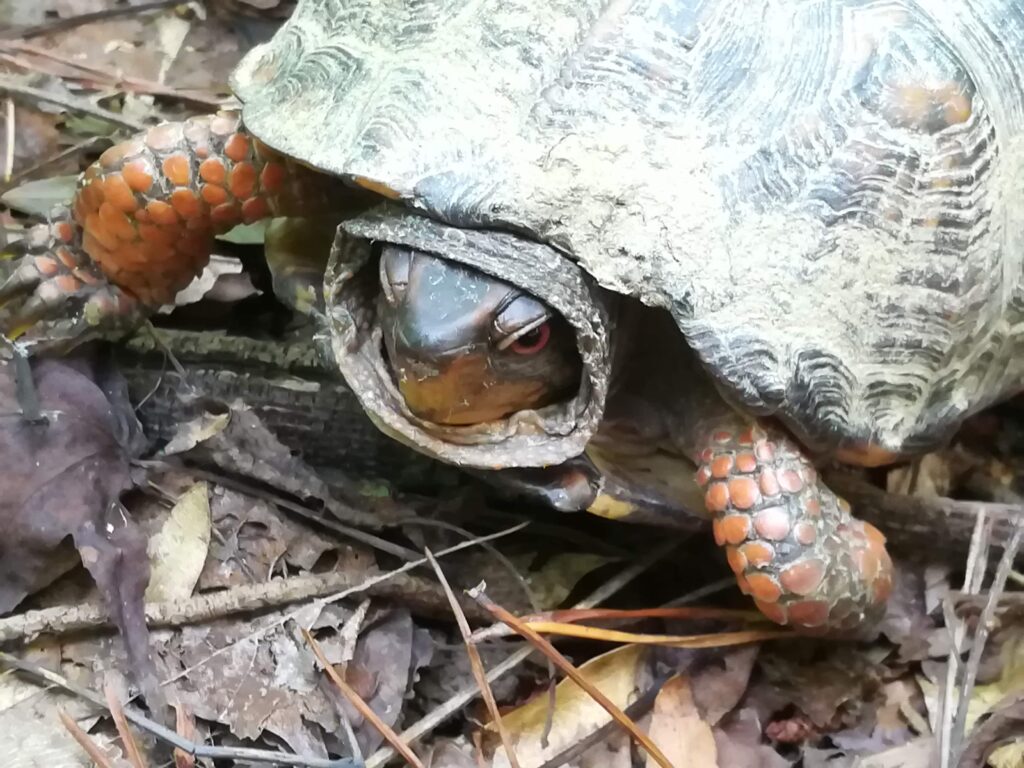In the last post, we wrote about how vertical development is more mindset than skillset, Here’s a story illustrating this difference in how we choose wisely about the race we run.

Ganesha and Murugan are the two sons of the Indian deities Shiva and Parvati. As siblings, they often competed. One day, they competed for who would be the first to circle the world three times. They recruited their parents to judge the contest. Now Ganesha is the elephant god and large and slow, but wise. Murugan is an athletic warrior who rides a peacock. Once the challenge was issued, Murugan jumped on the peacock and disappeared over the horizon. Ganesha just sat there contemplating the task. In a few minutes, Murugan flashed overhead having completed a circuit around the world. Ganesha slowly rose and walked to his parents who were watching the contest. He circled them one and then twice, as Murugan whizzed by overhead a second time. Ganesha then circled his parents a third time and returned to his seat as a breathless Murugan descended triumphantly. “I have won!” Murugan proclaimed triumphantly.
“No, you haven’t” responded Ganesha with a smile, “I have.”
“What?” exclaimed, Murugan, “you have barely moved!”
“Well,” explained Ganesha, “I circled our parents three times, and they are my world.”
Shiva and Parvati awarded Ganesha the prize.
Murugan was clearly more speedy, but Ganesha was wiser. He knew his limitations and his strengths. Most of all, he knew what his parents who were the judges would value most. Ganesha, with the elephant form, represents wisdom. He’s not quick but he is thoughtful.
In our digital age, we tend to value speed and size but the ones that get furthest often do so by flipping challenges in unexpected ways. Netflix did this to triumph over the established Blockbuster. Google best Microsoft in search and browser wars not with more features but with simplicity. Apple is seldom the first to market but it enters by excelling around key choices. Apple’s classic mantra, “think different” is key.
Thomas Merton, the monk and mystic, pointed out that we may spend our whole life climbing the ladder of success, only to find when we get to the top that it is leaning against the wrong wall. In truth, the right wall may not be the same for all of us. There isn’t a single ladder of success. Considering what matters most to us is important.

The classic fable of the tortoise and the hare suggests that intention counts over hubris. The hare was concerned about winning and grew complacent when victory seemed inevitable. The tortoise was motivated by finishing the race and was not pushed off course by the likelihood of being out-raced by the hare. Beating the hare wasn’t really the race he was competing on.
In our age of fast-moving change, it helps to slow down, survey the landscape, and choose wisely. I have found that clarity doesn’t come when my mind is busy and harried. Much like a muddy pond, it helps to let the flow of thoughts settle to see to the bottom. Like Ganesha, I might do better to consider our choices and then move forward with clear intent.

